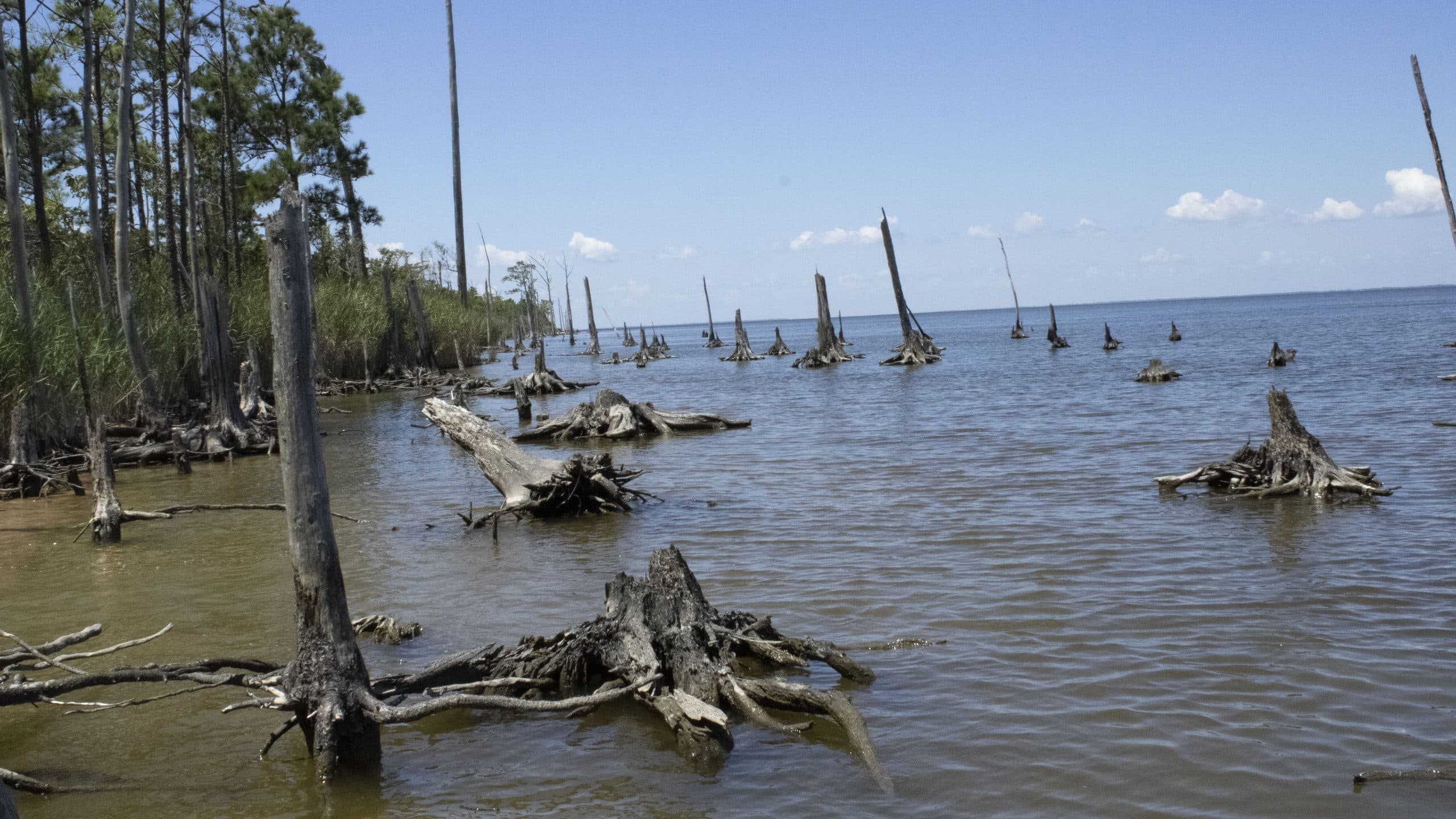Spatial Scale Of Climate Change Impacts Influences How Individuals Perceive Those Impacts
New research by Center Faculty Fellow Jordan W. Smith and graduate students Karly Bitsura-Meszaros and Rosemary Keane explores the relationships between individuals’ political ideologies, the information sources used to learn about the local impacts of climate change, and individuals’ perceived ability to adapt to those changes. Their findings suggest political ideologies are related to perceived risk, with conservatives perceiving climate-driven changes to local forest conditions as more severe relative to liberals; this is a new finding that juxtaposes previous research which has focused exclusively on perceptions of climate change at a global scale. Full citation and abstract are below.
Citation: Smith, J. W., Bitsura-Meszaros, K., & Keane, R. (2015). Differences Between Conservatives and Liberals in Information Seeking Behavior and Perceived Risks Associated with Climate-driven Changes to Local Forest Conditions. Weather, Climate and Society. doi: 10.1175/WCAS-D-15-0046.1, in press.
Abstract: Ideological value sets have the potential to shape individuals’ preferences as well as their psychological and behavioral responses to new information. Being socially constructed, ideologies are likely to be formed and modified through the exchanges individuals have in their established information and communication networks. This study examined whether or not individuals’ political ideologies and their access to climate-related information are related to several key factors influencing their perceived capacity to adapt to climate-driven changes to local forest conditions. The key factors investigated include: perceived risk; the willingness to learn about potential impacts; the willingness to plan for variable climate futures; and a general perception of self-efficacy. Data come from a mail survey completed by 420 full-time residents living in three amenity-rich forest-related communities in western North Carolina (USA). The results suggest individuals’ political ideologies are related to some, but not all, of the information sources asked about. The results also suggest political ideologies are related to perceived risk, with conservatives perceiving climate-driven changes to local forest conditions as more severe relative to liberals. These findings have several implications regarding the effective dissemination of information related to how increasingly variable climate conditions may affect local forest conditions.
LINK: http://journals.ametsoc.org/doi/abs/10.1175/WCAS-D-15-0046.1
- Categories:


